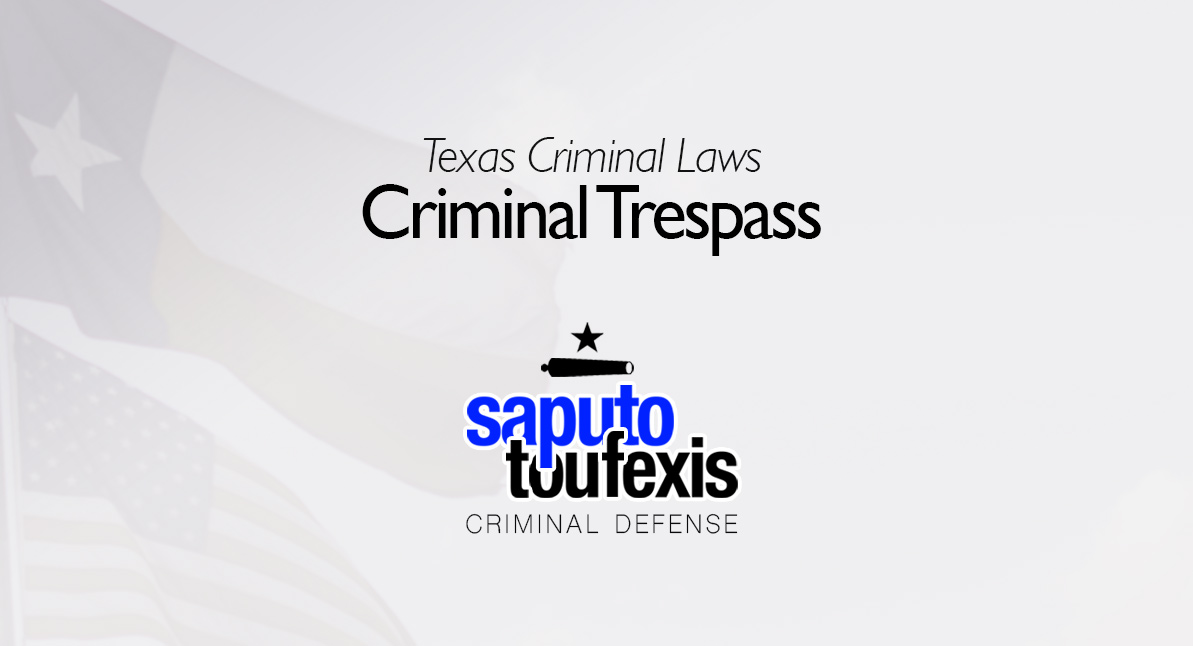Gomez
New Member
- Jurisdiction
- Texas
My Question: can anyone reading this post offer me some insight and/or legal options I can take in regard to this incident?
What Happened: Around two months ago I visited a state agency regarding an issue I was having. All told, I visited on three different occasions, trying to resolve an ongoing problem I was having, and by my third visit determined that I was getting absolutely nowhere. Finally, I asked if there was not someone "higher up" that I could contact to see if they could sort this issue out. But all I was given was the same standard contact number which only led me back to where I had originally started: where I was subjected once again to a long laundry list of telephone menu "options" - none of which could put me in contact with anyone who could properly assist me.
And though I was respectful at all times when dealing with first this employee and then that one, I reemphasized to whomever would listen that I needed to speak with someone "higher up". However, I was told there was no one.
Fast Forward: a week or so later: a knock came at my door and standing there was a USPS postal delivery person, saying he has a Certified Letter for me- one that I needed to sign for. I did, and he left. The Certified Letter said that I had been given a "12 month ban" from the state agency office - which is just a single-story building in the town where I live. However, the Certified Letter had come from my state's capital city - and not from the town where I live.

The one page letter gave no reason as to why I had been banned. So, a few days later I emailed the "litigation department" at this state agency and was emailed back that (incredible as it sounds) the attorney refused to provide the reason why - only that I had been banned for 12 months.
Question—Can they do this? With no explanation given? Impose a year-long penalty upon me without clearly stating what I had done? Something that they refuse to state, either verbally or in writing? To my way of thinking, this is clearly a violation of my rights as a citizen. But then, maybe they (being the State) can do whatever they please nowadays with little to no consequence.
Anyway, I would appreciate a fresh set of eyes and ears to weigh in on this - and possibly offer some suggestions as to how I might sort this out.
Thanks.
What Happened: Around two months ago I visited a state agency regarding an issue I was having. All told, I visited on three different occasions, trying to resolve an ongoing problem I was having, and by my third visit determined that I was getting absolutely nowhere. Finally, I asked if there was not someone "higher up" that I could contact to see if they could sort this issue out. But all I was given was the same standard contact number which only led me back to where I had originally started: where I was subjected once again to a long laundry list of telephone menu "options" - none of which could put me in contact with anyone who could properly assist me.
And though I was respectful at all times when dealing with first this employee and then that one, I reemphasized to whomever would listen that I needed to speak with someone "higher up". However, I was told there was no one.
Fast Forward: a week or so later: a knock came at my door and standing there was a USPS postal delivery person, saying he has a Certified Letter for me- one that I needed to sign for. I did, and he left. The Certified Letter said that I had been given a "12 month ban" from the state agency office - which is just a single-story building in the town where I live. However, the Certified Letter had come from my state's capital city - and not from the town where I live.

The one page letter gave no reason as to why I had been banned. So, a few days later I emailed the "litigation department" at this state agency and was emailed back that (incredible as it sounds) the attorney refused to provide the reason why - only that I had been banned for 12 months.
Question—Can they do this? With no explanation given? Impose a year-long penalty upon me without clearly stating what I had done? Something that they refuse to state, either verbally or in writing? To my way of thinking, this is clearly a violation of my rights as a citizen. But then, maybe they (being the State) can do whatever they please nowadays with little to no consequence.
Anyway, I would appreciate a fresh set of eyes and ears to weigh in on this - and possibly offer some suggestions as to how I might sort this out.
Thanks.


